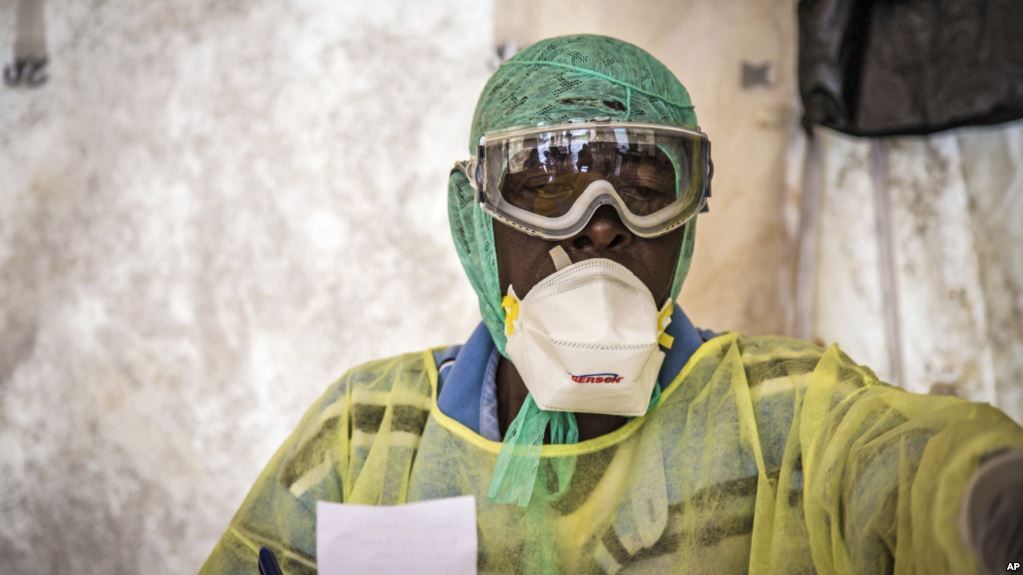The trial was called the Pamoja Tulinde Maisha study.
ZMapp, remdesivir, mAb114, and REGN-EB3 were the four drugs used in the trials.
During trials, REGN-EB3 and mAb114 were determined to be more effective in treating Ebola than the other two and will be the only two used going forward, the National Institute of Allergy and Infectious Diseases announced in a statement.
As part of an emergency response team in the Congo, the “Together Save Lives” trial was done with a collaboration of organizations, including the Congo’s National Institute for Biomedical Research, the Ministry of Health, the NIH’s National Institute of Allergy and Infectious Diseases, the Alliance for International Medical Action and other organizations.
Although the final analysis of data will be completed in late September or early October of this year, the NIAID said the effectiveness of REGN-EB3 and mAb114 was “compelling enough to recommend and implement” the changes immediately.
The other two treatments, ZMapp and redeliver, will no longer be used.
The new experimental treatments are both cocktails of monoclonal antibodies that are infused intravenously into the blood, the New York Times reported.
Jean-Jacques Muyembe, director of Congo’s National Institute for Biomedical Research, said the news of a cure could change the course of this outbreak — the worst of the 10 that Congo has endured.
Mr Muyembe, 77, pioneered the use of survivors’ blood serum — which contains antibodies — in order to save patients. The two new treatments descend in part from his original research, the New York Times said.
Ebola is a virus that is transmitted through direct contact with bodily fluids of someone infected with the virus or who has died from it, or through blood, body fluids or tissues of infected fruit bats or primates.
Symptoms, including fever, muscle pain, fatigue, vomiting, severe headache, weakness, diarrhea, abdominal pain or unexplained hemorrhaging, occur within two to 21 days of coming in contact with the virus.
Currently, there is no approved vaccine or treatment for the virus, so prevention is crucial to the CDC states.
Trials like “Together Save Lives” have been introduced in areas like the Congo during outbreaks to test what treatments may be most effective for infected patients.
Just under a month ago, the Ebola outbreak in Congo was declared a global health emergency.
There have been 1,866 reported deaths as a result of the virus.
Source: Premiumtimes

 Two of four Ebola treatment drugs have been determined “more effective” than the others and will be the only ones used on patients going forward, the World Health Organisation (WHO) has announced.
Two of four Ebola treatment drugs have been determined “more effective” than the others and will be the only ones used on patients going forward, the World Health Organisation (WHO) has announced.




